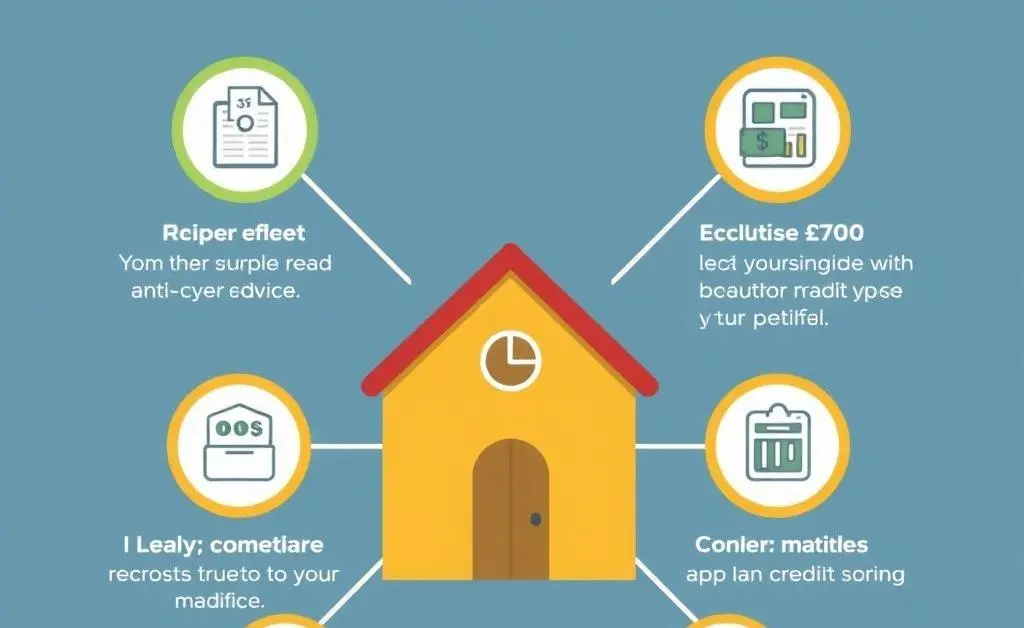Is Your Credit Score Where It Should Be? A Friendly Guide to Understanding Your Numbers
Curious about your credit score? Understand what it means for you and how to improve it.

Ever felt the suspense of checking your credit score, like waiting for the judge’s score in a figure-skating competition? You're not alone. Many people wonder if their scores are good enough, especially when navigating the world of adulting.
Understanding Your Credit Score: The Basics
First things first: What is a credit score, and why should you care? Your credit score is a number that represents your creditworthiness. The higher it is, the better position you’re in for things like loans and credit cards. Typically, scores range from 300 to 850. But what’s 'good'? Here’s a quick guide:
- 300-579: Poor
- 580-669: Fair
- 670-739: Good
- 740-799: Very Good
- 800-850: Excellent
Your age or current life stage doesn’t necessarily dictate where your score should be, but knowing your range can guide your financial strategies.
Steps to Improve Your Credit Score

Imagine being 22, fresh out of college, and eagerly awaiting that first credit card. Anna, a fictional young professional, saw her initial score as a wake-up call to financial action. Here’s how she boosted her numbers:
- Always pay on time: She set up automatic payments to never miss a due date.
- Keep credit utilization low: She maintained a utilization rate below 30% of her credit limit.
- Check reports annually: Discovering errors on your report is more common than you might think. Resolve any inaccuracies promptly.
- Diversify credit types: She combined revolving credit (credit cards) with installments (student loans) responsibly.
A Personal Anecdote: Learning By Doing

Anna shares, 'One time, I spaced out a payment, and my score took a hit. It was a small mistake, but it made me realize the importance of staying organized.' Believe it or not, many of us learn through similar hiccups.
Financial Planning: Your Best Friend

Just like you'd consult a personal trainer for fitness goals, talking to a financial expert can clear up the details of credit scores and long-term planning.
Ultimately, improving your credit score is a marathon, not a sprint. With patience and the right habits, you can see positive changes.
What's Your Next Step?
How do you plan to take charge of your credit journey? Whether it’s setting up reminders or exploring new financial tools, share your strategies. Let's keep the conversation going!




